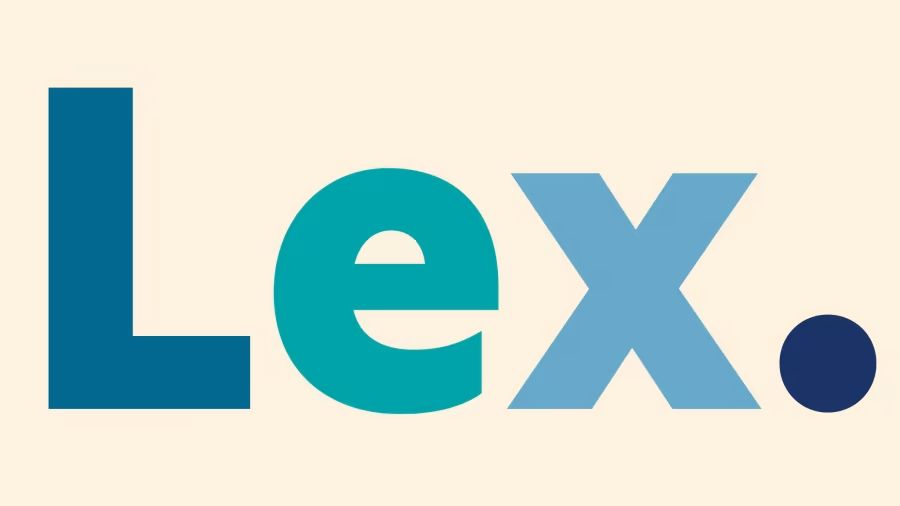
The Thing is one of the more mysterious characters in the Marvel universe. Seemingly agglomerated from giant cheese puffs, he is visibly less human than his Spandex-encased compadres. Similar ambiguity surrounds crypto assets. These are recognised as “things” by UK law. This means they exist beyond the fevered imaginings of crypto bros. But what kind of things are they, exactly?
The Law Commission, a statutory review body, posed that question in a consultation this week. The answers are crucial to the ownership rights of would-be investors. These not only matter if you dabble in cryptocurrencies, such as bitcoin, currently trading at under half its peak value of almost $69,000. Stocks and bonds may eventually become digital assets, exploiting the purported advantages of distributed ledger technology.
We tend to assume we have enforceable title to assets we buy and sell. There is not much point paying for something you may not actually own. But unwitting investors can come a cropper when property rights turn out to be shaky. A decade ago, for example, UK shareholders in Bumi, an Indonesian coal group listed in London, found that it lacked control of some mines supposedly belonging to it. Shares hit rock bottom.

Doubts perennially overhang US-listed equities of many Chinese groups with intermediate holding companies. It is unclear whether these securities provide genuine partial ownership of businesses in China. That is one of several reasons never to overpay for these stocks.
Ownership of crypto assets can be just as uncertain. Blame the conduct of unregulated platforms such as FTX in allegedly misusing client funds. The added difficulty — for example when pursuing reimbursement — is the legal ambiguity of crypto assets.
They are not physical “things in possession” such as cars or houses. Nor are they “things in action”, ownable solely via legal contracts like stocks and bonds. They are created digitally rather than through physical or legal processes.
The Law Commission therefore wants legislation to define bitcoin and its ilk as “third category things”. It also proposes that laws governing collateral, in loan transactions for example, should be extended to embrace crypto assets fully.
Many-splendoured case law should progressively normalise ownership of digital assets, the body believes.
The proposals are “good for consumer protection”, according to Dion Seymour of specialist tax advisory firm Andersen LLP: “Courts will spend less time arguing whether digital assets are possessions that investors can go after.”
But it is a moot question whether you should hold digital assets, even with solid ownership rights. Lex’s view is that cryptocurrencies have no utility except for speculation, secretive transactions or as badges of nonconformist ideology. We see the bitcoin price as an indicator of speculative exuberance, nothing else.
Non-fungible tokens, which certificate ownership of online art among other things, are status symbols. A Birkin handbag has the same function but you can also tote your keys and phone around in it.
There may be better use cases for other digital assets that deploy distributed ledger technology. One example could be tokenising stocks and bonds so they are cheaper to deal in. Central bank digital currencies might be another. But the glacial pace of development and adoption suggests these remain solutions in search of a problem, whatever their ownership status.
Renewable tech: the seductive urge to demerge
Spinning out a business by getting it a separate stock market listing can electrify a company’s own share price. That may be the hope behind Renault’s plan to float Ampere, its independent electric vehicle manufacturer. Yet Renault’s long-term future depends on switching out of combustion engine vehicles. So why sell any of its EV business?
The energy transition could place a number of legacy businesses into run-off. Some can afford to retain new ventures with high growth potential in-house as insurance policies. Others lack the required capital. A third group believes a partial demerger — in which shares in a separately-listed offshoot are distributed to investors — will create new currency for anticipated M&A.
Consider the possibilities. Renault sold 228,000 EVs and hybrids in Europe last year. That placed the French carmaker third in market share.
An initial public offering of Ampere could raise €1bn-€2bn from share sales. But is the transaction really necessary? Renault wants to accelerate growth. It has enough available cash to cover Ampere’s needs for years, some €4bn-€5bn thinks Dan Roeska at Bernstein,
Germany’s Thyssenkrupp is in a different boat. It would like to float its hydrogen unit Nucera. The parent does not have the capital to give the business a decent push.
Nucera has electrolyser production capacity of 1GW a year, Lex estimates. That is high. But profits may take time to materialise and competition can only intensify.
The parent wants to simplify its structure and decarbonise other capital intensive businesses including steel. It could use any funds raised. Thyssenkrupp’s joint venture share in Nucera could be worth €2bn.
A successful IPO can, meanwhile, offer a smaller division a chance to grow independently. Competing for capital is tough within a conglomerate. Finance directors favour divisions with quick returns on investment.
Italian energy group Eni expects its renewables business Plenitude to grow partly via acquisitions and thinks a share currency will help. So far the markets have not warmed to the idea of a spin-off. Eni may try again. TotalEnergies and BP — both with in-house renewables units — will watch with interest.
We have omitted one reason for spinning off energy transition businesses: corporate happenstance. Managerial ambition and activity for the sake of it are real factors. They would appear to apply at Renault more than strategic logic. Ampere may ultimately be worth more to its parent as a division than via a demerger.

Lex is the FT’s concise daily investment column. Expert writers in four global financial centres provide informed, timely opinions on capital trends and big businesses. Click to explore